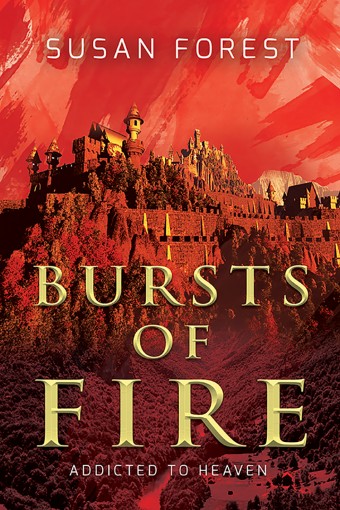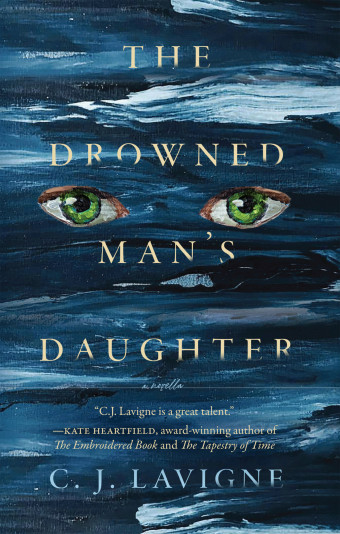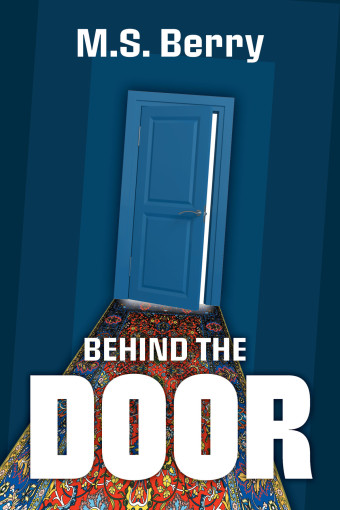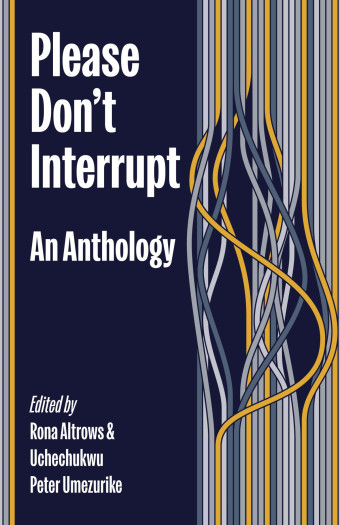Calgary-based writer and editor Susan Forest’s debut novel, Bursts of Fire, is the first of a seven-part epic fantasy series called Addicted to Heaven, set in the seven kingdoms that make up Shangril.
The novel has already been recommended by Publisher’s Weekly, Booklist and Library Journal. In addition, Bursts of Fire was a 2019 selection of the Publisher’s Lunch Buzz Books.

- Bursts of Fire
- Susan Forest
- Laksa Media Groups Inc
- $$36.50 Hardcover, 392 pages
- ISBN: 978-19-88140-11-7
Shangril is inspired by Western fictions and myths about Tibet, as well as by the mountains of Alberta and British Columbia.
“As a person who grew up following my father, a locally famous mountaineer, into the mountains of Alberta and British Columbia, those landscapes are inextricably wound into my conceptions of Shangril,” Forest says.
The historical roots of the series’ setting is late-medieval Europe, “with castles and the emergence of a rising artisan class.” In the background of the action is what Forest describes as “a transition from traditional foods and clothing reminiscent of classics like The Man Who Would be King to foods and fabrics that harken to a Europe exploring the early stages of the Industrial Revolution.”
Bursts of Fire follows Meg, Janat, and Rennika, the daughters of the Magiel of Orumon, on their escape from the palace in which they were raised. The sisters face challenges as a result of the way their background limits them – they are daughters of an elite magic user in the court of the Amber stone, destined to be members of the ruling class.
“The wonderful thing about epic fantasy is that it is intimately personal.”
The effects of substance use are echoed in the way magic is conducted in the novel. Feats of magic are generally performed by a magiel travelling through time.

“Substance use can have profound influences on one’s perception of time,” Forest says. “People under the influence of substances can feel time stand still, slow down, or speed up; memory can be affected, and people sometimes feel their life slip away. So the ability to manipulate time as a form of magic resonates with the thematic elements of the story.”
A portion of the book’s net revenue will go toward two organizations that support mental health – Kids Help Phone and The Alex: Changing Health, Changing Lives.
Forest thinks that epic fantasy is a genre that is particularly conducive to opening a conversation about addiction and other mental health challenges.
“The wonderful thing about epic fantasy is that it is intimately personal,” she says, “but also epic, set against the sweep of huge geographic, cultural, political, and military vistas.
“To really go into depth about a disturbing and wide-ranging problem such as addictions, you need both canvases.”













